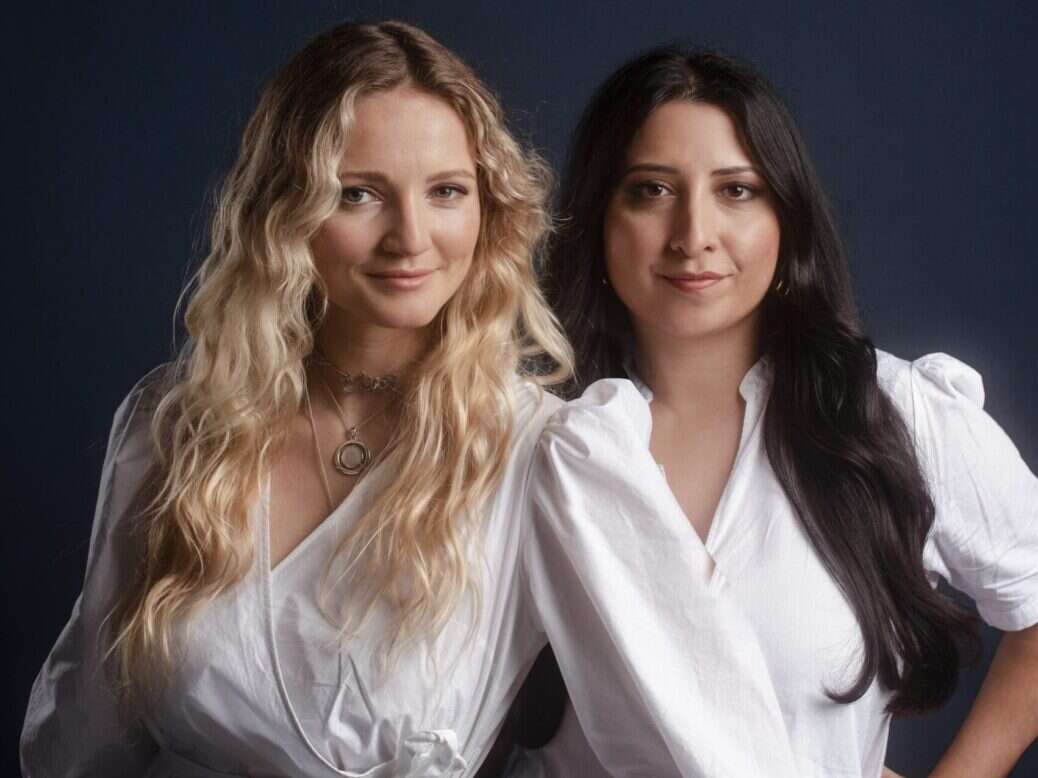
Impartiality and balance have long been regarded as the core of good journalism. Presenting “both sides of the story” is a practice on which many media outlets pride themselves. But what happens when an outlet becomes so fixated on appearing “balanced”, they end up platforming fiction as much as fact?
Back in 2018, the BBC realised its platforming of climate change deniers in the name of “balance” went against science, with guidance sent out telling staff: “To achieve impartiality, you do not need to include outright deniers of climate change in BBC coverage.”
Its editorial guidelines also state the “BBC is not impartial on racism” (though the waters are murky when it comes to whether or not staff can tweet or march in the name of anti-racism). Yet last month, the BBC quit Stonewall’s Diversity Champions Programme.
The broadcaster insisted its involvement with the leading LGBTQ+ charity had not affected the impartiality of its journalism, but still capitulated to external critics who questioned its neutrality on topics such as transgender rights.
So who gets to decide what topics you can or cannot be impartial on? If you do not need a climate change denier saying that global warming is not real, why do you need a cis person saying that transgender people are not real?
As our producer, creator of The Guilty Feminist and comedian Deborah Frances-White, put it (when the BBC told her that “balance” meant platforming someone calling Christine Blasey-Ford – who bravely brought forward sexual assault allegations against Judge Brett Kavanaugh – a liar): “When you have an elephant sitting on a seesaw with a mouse, you don’t achieve balance by shoving a kangaroo on each end.”
The simple, and frankly uncontroversial, truth is this: objectivity does not exist. Claiming to be objective is the biggest obstacle journalists can put in between their readers and the truth.
“Having experienced vastly different cultures – the one I grew up with, and the one I fled when war stole my homeland, I’ve learnt that everything has a narrative,” said Syrian refugee Steve Ali. The refugee crisis is a good example: “What I know to be dinghies sinking under terrified children has been twisted into a force to rival Britain’s Navy,” Ali said.
To report on displacement when one has only ever known statehood is to report through a lens that is “detached” by grace of privilege. The position we call “objective” is a position so completely unaware of its status in the story, it can hardly be the voice of authority. The fact that we do not even see this as bias is a reflection of how hegemonic privilege is.
As women, we grow used to experiencing life through the eyes of male characters, while boys dismiss books and films with leading ladies as “girly”. We are culturally trained to see the dominant group as our default identity: the blank slate onto which the rest of us project our “subjective”, minoritised experiences. It is whiteness when everyone else is BAME. But far from detached, it has a defensive agenda—such is the nature of privilege.
Because for all our worship of balance, we often allow total communities to be spoken for. How many articles on refugees must you read to find a comment from an actual refugee? How many articles on disability, on homelessness, on crime, on transgender issues? Are these communities so otherised that journalists cannot even approach them?
Into this gap in the information market, we have launched Media Storm, a news podcast that puts people with lived experience first (including Mr Ali). “Advocates do not need to be a voice for the voiceless,” says another of our speakers, rape survivor Alison Turkos, “hear our stories, we are the ones who have lived this… we are the experts”.
She makes a key point. Too often, “case studies” in the news are valued only for their trauma, heartstring tugs for the end of the story. That does not empower anyone. Those with experience have expertise: knowledge of the system, knowledge of the cause, knowledge of the impact. What they do not have is right of reply.
The lack of right of reply in the media goes hand in hand with the lack of diversity in newsrooms. When media organisations fail to address that lack of diversity, and fail to address the unconscious biases their editors may harbour, the standards of reporting suffer.
Without a wide range of backgrounds represented in news organisations, issues impacting minority groups either go unreported or are inevitably inaccurate. They are set up as “debates” – fodder for profitable culture wars – while the people affected are stereotyped and dehumanised.
“Certain people are commodified and used to particular ends,” says journalist Hussein Kesvani in the most recent episode of Media Storm, “they are objects that are there to tell stories, rather than individuals who have agency over their own actions”.
Too often swept up in the media storm, underrepresented groups may feel unsafe speaking to the press— so the cycle continues. It is up to the press to break that cycle.
Helena Wadia and Mathilda Mallinson host Media Storm, an investigative podcast produced by The Guilty Feminist and Acast. It is available on most podcast providers.
Picture: Media Storm
Email pged@pressgazette.co.uk to point out mistakes, provide story tips or send in a letter for publication on our "Letters Page" blog
